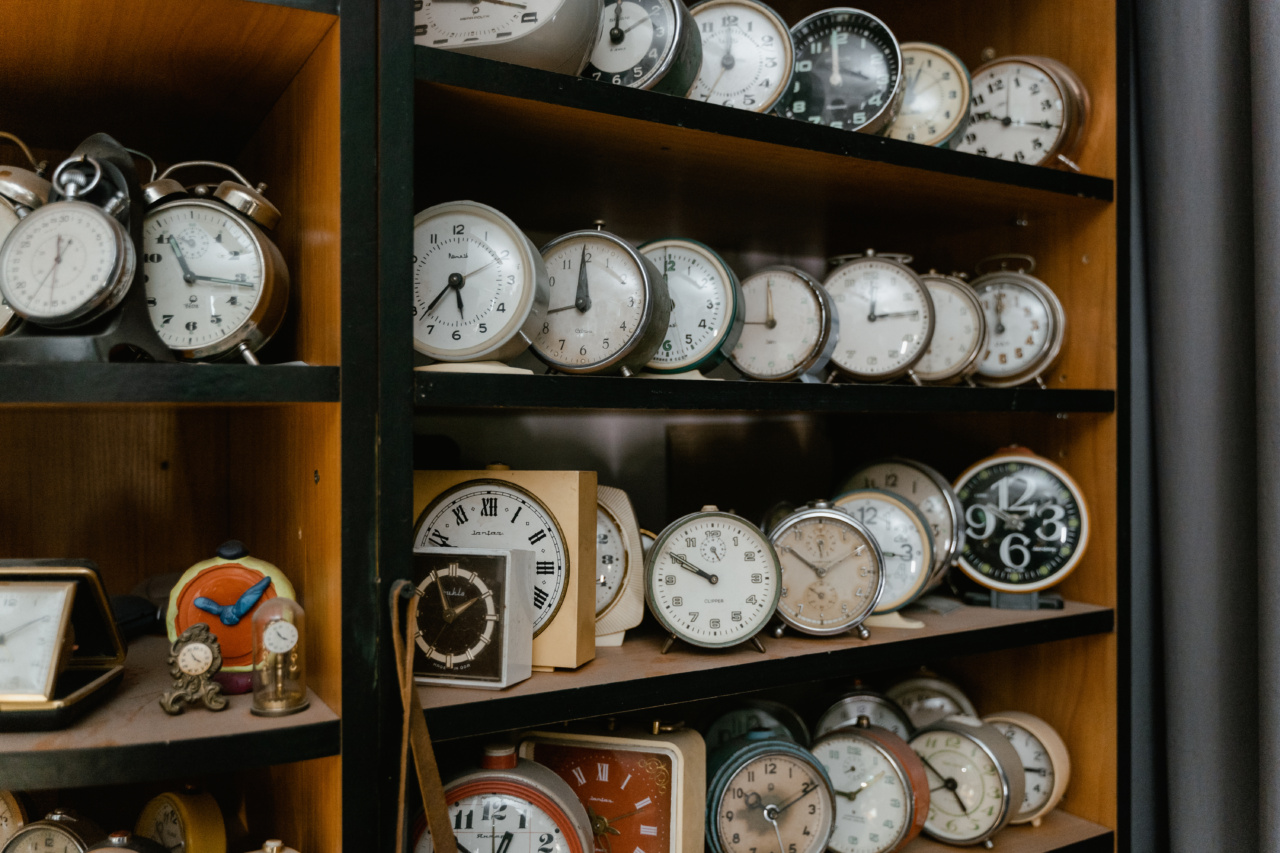The passing of time is a fundamental aspect of our lives. We have clocks on nearly every device we use, we synchronize our schedules down to the minute, and we plan our lives around deadlines and due dates.
But did you know that our brains have not one, but two internal clocks that keep track of time?.
What are the two clocks in our brain?
The first clock is known as the circadian clock. Our circadian rhythm is what tells us when to sleep and when to wake up. It is what makes us feel alert during the day and sleepy at night.
The circadian clock is synchronized with the 24-hour day and night cycle and is maintained by a group of cells in the hypothalamus called the suprachiasmatic nucleus.
The second clock is the interval timing mechanism. This clock tells us how much time has passed since a particular event. For example, it is what allows us to know when it is time to turn the oven off or when our favorite TV show is about to start.
Interval timing is maintained by the basal ganglia, a group of structures in the brain that are responsible for a wide range of functions including motor control, learning, and decision making.
How do the two clocks work together?
Despite being distinct processes, the circadian and interval timing mechanisms work in harmony to help us keep track of time. For example, our circadian rhythm can influence how we perceive time intervals.
Research has shown that we tend to underestimate time intervals during our peak circadian arousal, which occurs in the middle of the day, and overestimate them during periods of low arousal, such as early in the morning or late at night. This is why time seems to fly by when we are busy during the day and drag on when we are bored or tired.
Additionally, our circadian clock can influence the accuracy of our interval timing.
For example, research has shown that our ability to accurately estimate time intervals is impaired when we are sleep deprived or when our circadian rhythm is disrupted by things like traveling across time zones or working night shifts. This is because the circadian clock helps to ensure that the various processes in our brain are synchronized and working together in a coordinated way.
What are the implications of having two clocks?
Having two clocks may seem like an unnecessary complication at first, but it actually allows for a high degree of flexibility and adaptability.
Our circadian rhythm is relatively fixed, but our interval timing mechanism is more variable and can be influenced by a wide range of factors. This means that we can adjust our perception of time based on changes in our environment or needs.
For example, interval timing may be especially important for animals that need to track prey or avoid predators. In these situations, the ability to accurately estimate time intervals could mean the difference between survival and death.
Similarly, the ability to adjust our perception of time based on our needs can help us to be more productive and efficient in our daily lives.
What happens when the clocks go awry?
When the circadian and interval timing mechanisms are working together properly, we have a well-tuned internal clock that helps us to keep track of time. However, when these clocks go awry, it can cause a wide range of problems.
For example, disruptions to our circadian rhythm have been linked to a variety of health issues, including obesity, diabetes, depression, and sleep disorders.
Additionally, problems with interval timing can cause issues with motor control, learning, and decision making.
For example, people with Parkinson’s disease, which is characterized by damage to the basal ganglia, often have trouble with interval timing, which can result in problems with movement and coordination.
The bottom line
Our brains have not one, but two internal clocks that work together to help us keep track of time.
While the circadian and interval timing mechanisms may seem like an unnecessary complication, they actually allow for a high degree of flexibility and adaptability. However, when these clocks go awry, it can cause a wide range of problems. By taking care of our sleep habits and maintaining a healthy lifestyle, we can help ensure that our internal clocks stay well-tuned and functioning properly.































